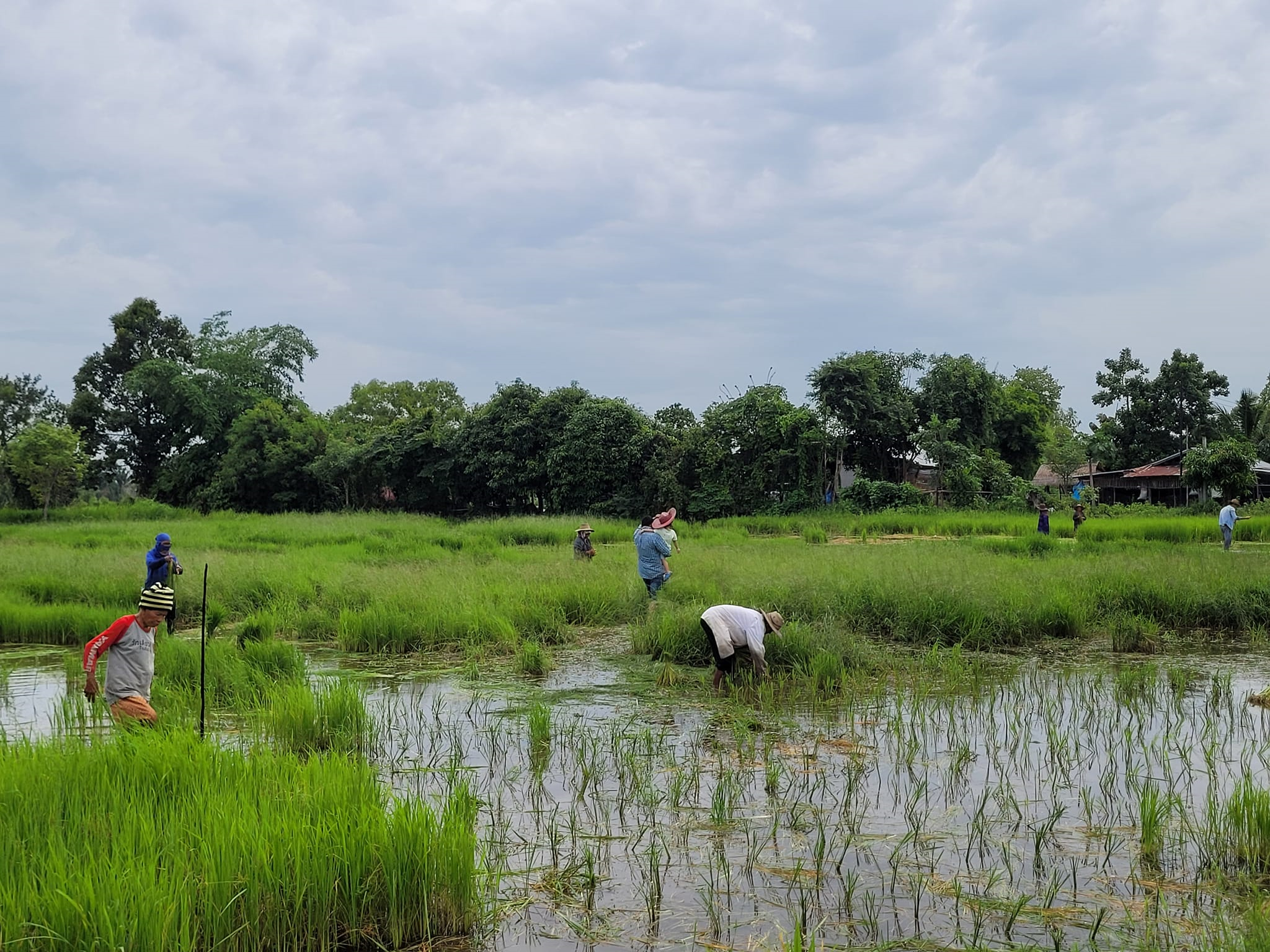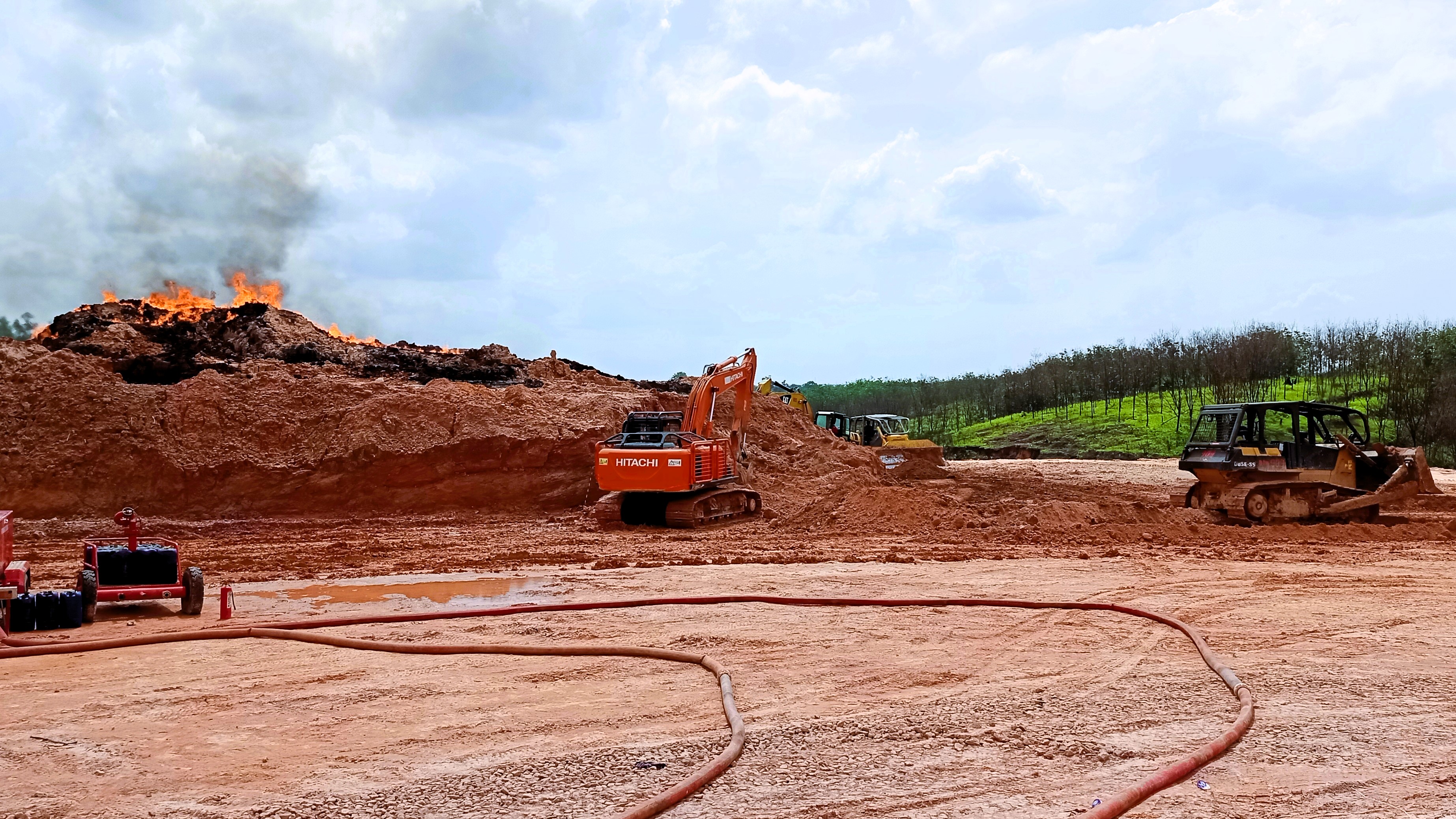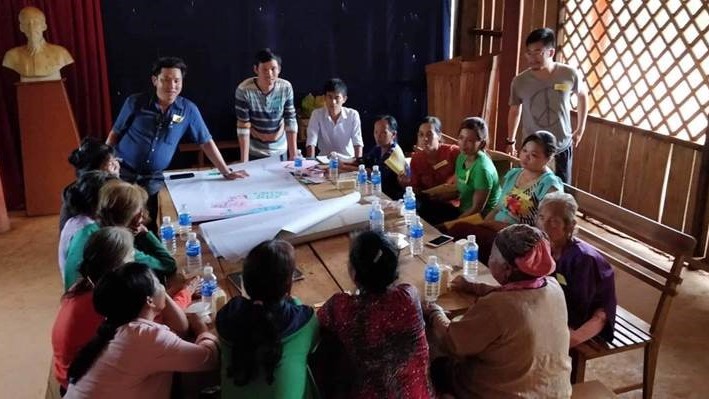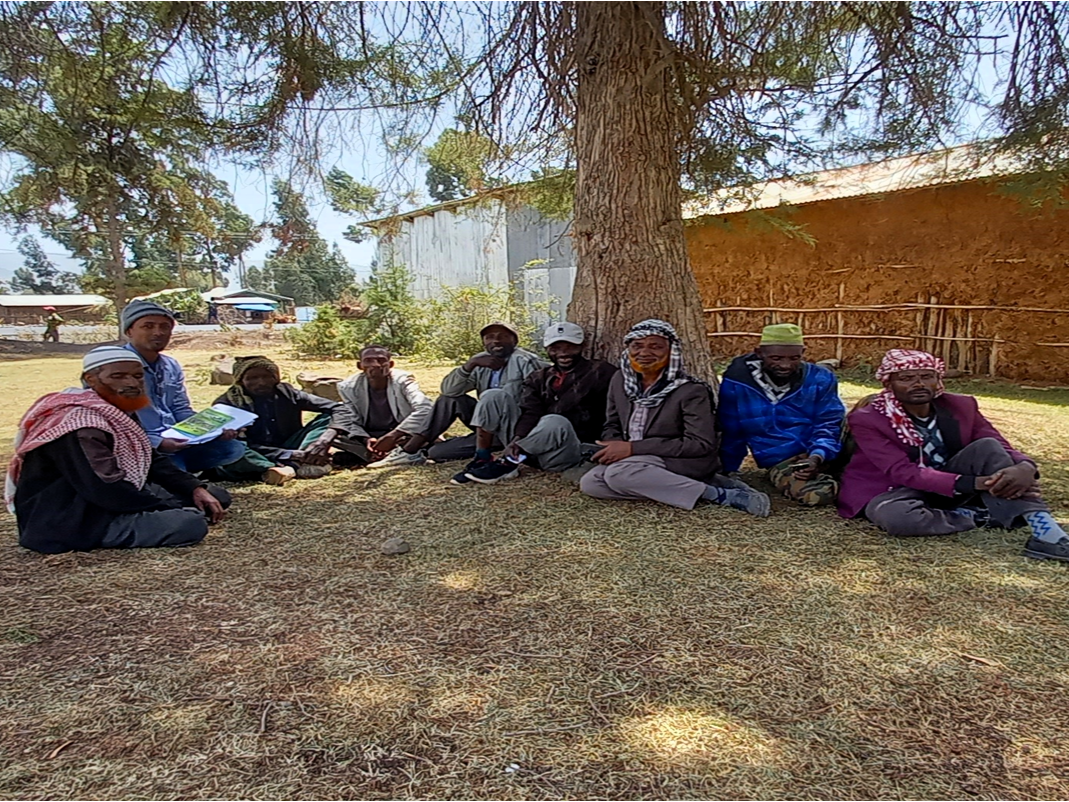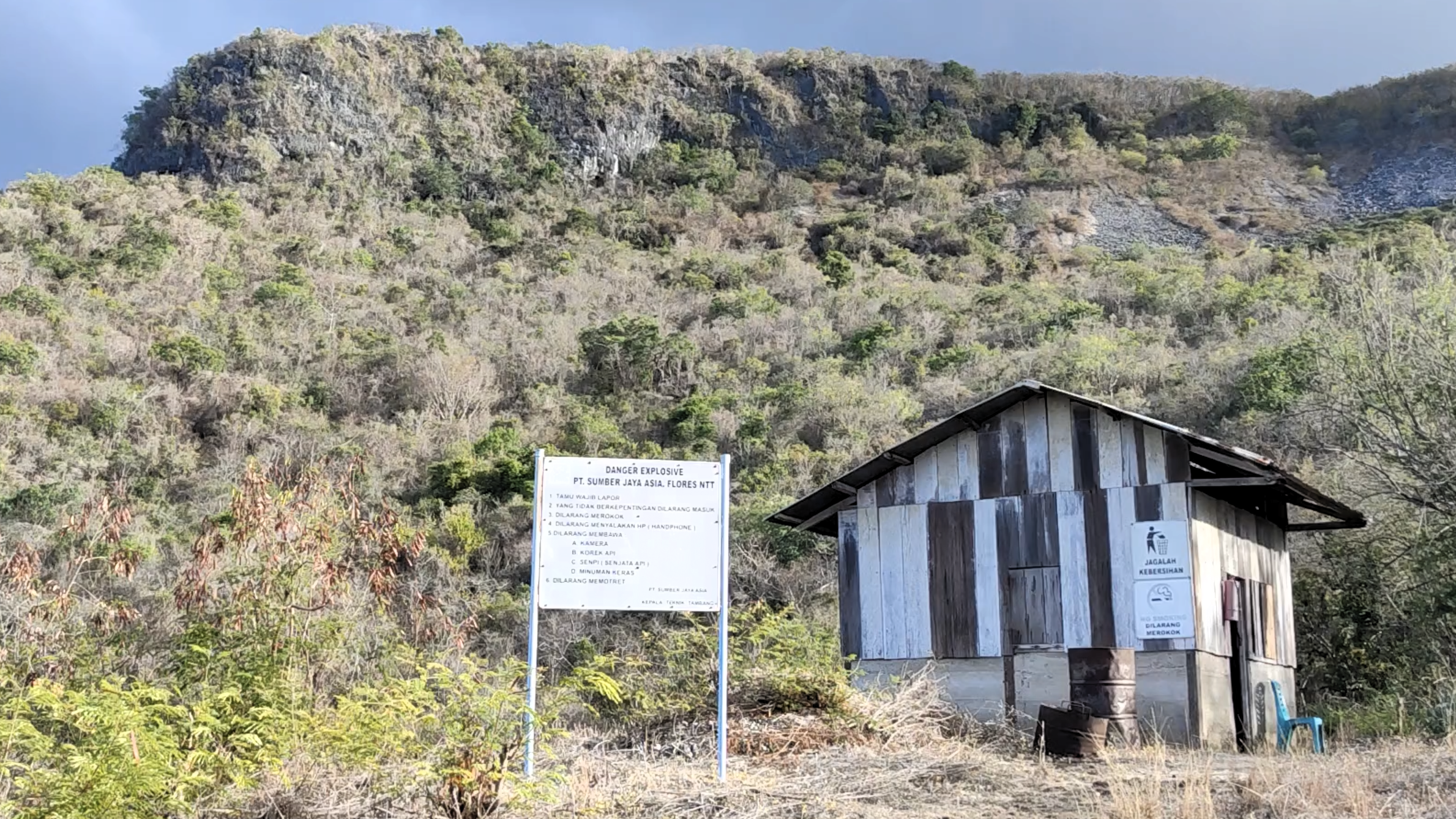Author Guidelines Peer Review Editorial Team Focus and Scope Publication Ethics Copyright Notice Author(s) Fee Plagiarism Policy Statistics
Justice Outlook in the Global-South Frontiers
 Navigating change in forest-agriculture frontiers: Centering equity and justice in land use transformation in the Global South.
Navigating change in forest-agriculture frontiers: Centering equity and justice in land use transformation in the Global South.
Forest frontiers are changing rapidly across the tropics in the Global South mainly due to expansion of commodity and monocrop agriculture, resource extractions and development, and efforts to conserve the last remaining forest frontiers (Kelly & Peluso 2015). Such transformations are often imposed on landscapes that are traditionally managed by vulnerable smallholders and indigenous groups, significantly affecting their access to both material and non-material benefits of nature (also known as ecosystem services) that are essential for their livelihoods, resilience and overall well-being. Moreover, these forest-agriculture transformations are often happening without villagers having full grasp of potential implications on the cost and benefits of changing institutions and commodities, creating new vulnerabilities and precarity for those that lose access to land or are ‘unsuccessful’ during land-use transformations.
The current models of development in frontiers is largely inequitable. This model is often based on the narrow (economic) development narratives and political discourses that push certain forms of commodity agriculture in forest frontiers, which are often also used as instruments of power that may empower some, but also deepen and reinforce existing inequities (Wong et al. 2022). Even when mechanisms of benefit sharing are in place, institutional factors and underlying power relations often constrain their fair share of benefits.
In this special category, we put equity and justice at the center of analysis and discussion of forest-agriculture frontier change in the Global South. We encourage authors to engage – fully or partially – with multidimensional equity/environmental justice framework (Schlosberg 2007; McDermott et al. 2013; Sikor, 2013; Pascual et al. 2014) to provide a rich and in-depth examination of who benefits and who bears the burdens of these transformations. The framework put attention to four key dimensions: (1) Procedural justice: degree of involvement and inclusiveness in rulemaking and decisions around land, development and conservation programs. (2) Distributional justice: distribution of costs, benefits, burdens, risks, access and rights derived from changed land and forest governance. (3) Recognition justice: respect for knowledge systems, values, social norms, and the rights of stakeholders in design and implementation of development and conservation programs. (4) Contextual justice: the surrounding social conditions (e.g., power dynamics, gender relations, education) that influence actors’ abilities to gain recognition, participate in decision making, and lobby for fair distribution.
The aim of this special section is to highlight existing research and practices that can contribute to advance our understanding of equity and justice during the processes of land-use change in the Global South. This can be in the form of original research articles, methodological engagement, notes from the field, and policy forum

